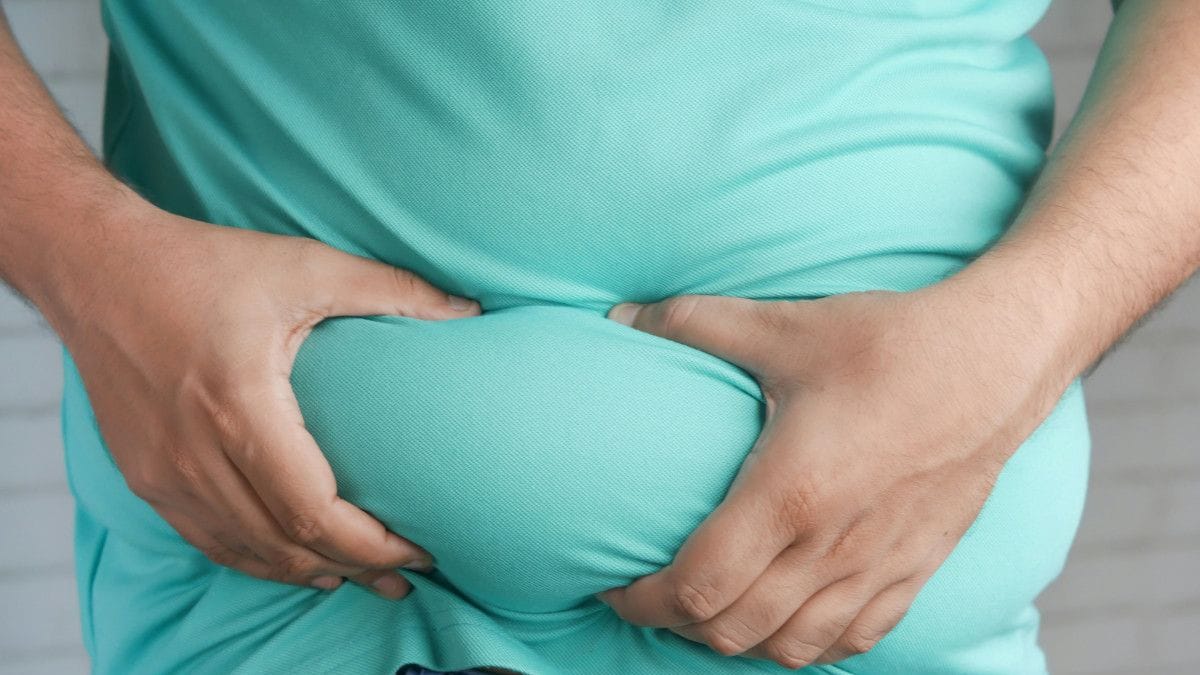The Shocking Truth About Low-Calorie Foods
We’ve all been told that low-calorie foods are the key to weight loss. That reaching for the “light” versions, zero-calorie snacks, and diet-friendly products will melt fat away and sculpt our dream body. But what if this advice is not only misleading it’s sabotaging your fitness goals?
Yes, you read that right. The very foods marketed to help you lose weight may actually be causing your body to store more fat. This shocking truth has been backed by recent studies and supported by leading nutritionists. It’s time to break free from the diet industry’s biggest deception.
Why Your Body Stores More Fat Despite Eating Less
Let’s uncover the hidden mechanisms. Many low-calorie foods are packed with artificial sweeteners, preservatives, and chemicals that disrupt your hormones. Substances like aspartame and sucralose trick your brain into thinking you’re consuming sugar, which spikes insulin response. When insulin is high, your body is in fat-storing mode.
Even worse, low-calorie processed foods often lack real nutrients. Your body, starving for vitamins and minerals, triggers cravings and increased hunger, pushing you to eat more later. The result? Fat gain, not fat loss.
The Psychological Trap of “Diet” Labels
Here’s a scary fact products labeled as “low-fat,” “light,” or “sugar-free” often cause psychological overeating. In one study by Cornell University, participants ate up to 50% more of a snack labeled “low-fat” than the regular version. Why? Because the “diet” label gives a false sense of security, fooling your brain into thinking you can eat more.
The body’s response is brutal: excessive calories get stored as fat. And because these foods are nutrient-poor, you’re left unsatisfied, tired, and metabolically sluggish.
Metabolism Killers Lurking in Your “Healthy” Snacks
Low-calorie frozen dinners, granola bars, and sugar-free drinks may be killing your metabolism. These products often contain:
- Artificial ingredients
- Low fiber
- Inflammatory oils (like canola or soybean)
- Excess sodium
These disrupt gut health, slow digestion, and impair thyroid function. Over time, they reduce your metabolic rate, making fat loss harder than ever before.
Real-Life Example: Lisa’s Weight Loss Backfire
Lisa, 34, from Texas, switched to low-calorie packaged meals hoping to lose weight fast. In three months, instead of shedding pounds, she gained 8 lbs. Her blood sugar was unstable, she was constantly bloated, and her cravings were out of control. Once she shifted to whole, nutrient-dense foods, her weight dropped steadily and energy returned.
This is not an isolated case. Thousands share similar stories—proof that real food heals, while fake “diet” food sabotages.
What Should You Eat Instead?
To support fat loss and nourish your body, focus on:
- Whole foods: vegetables, fruits, lean proteins, healthy fats
- High-fiber carbs: oats, sweet potatoes, quinoa
- Healthy fats: avocado, olive oil, nuts, seeds
- Natural sweeteners: raw honey, dates, or monk fruit in moderation
These foods stabilize blood sugar, keep you full longer, and support metabolic function. Plus, they taste better and make you feel alive.
The Science Doesn’t Lie
A study in the journal Cell Metabolism showed that ultra-processed foods lead to greater fat gain, even when calorie intake is matched with whole-food diets. It’s not just about calories in vs. calories out—your food quality deeply affects your hormonal balance, satiety signals, and fat-burning potential.
How to Outsmart the Diet Industry
Don’t fall for flashy labels. Look beyond calories and ask:
- Is this food minimally processed?
- Does it contain real ingredients?
- Will it nourish my cells or just fill my stomach?
Start reading ingredient lists, not just nutrition labels. If you can’t pronounce it, don’t eat it.
Take Control of Your Health Today
Start making changes that last. Choose real food. Educate yourself. And never trust a product just because it says “healthy.”
FAQ
What are some common low-calorie foods that actually make you gain fat? Artificially sweetened yogurts, diet sodas, low-fat snacks, frozen diet meals, and sugar-free desserts can all disrupt hormones and increase fat storage.
Is counting calories a bad idea? Counting calories can help track food intake, but quality matters more. 100 calories from processed junk won’t impact your body the same way as 100 calories from vegetables.
Can low-cal foods harm metabolism? Yes. Many contain harmful additives, low fiber, and unhealthy oils that slow metabolism and affect thyroid and hormone function.
What should I look for in healthy food? Real ingredients, minimal processing, high fiber, and natural fats. Foods that you could theoretically grow, hunt, or pick.
Are natural sweeteners better? Yes. Natural options like honey, dates, or monk fruit are better alternatives when used sparingly.
How can I control cravings if I stop eating low-cal snacks? Focus on nutrient-dense meals that satisfy hunger. Protein, fiber, and healthy fats are key to reducing cravings.
What are signs my body isn’t reacting well to low-cal foods? Bloating, fatigue, sugar cravings, unstable energy, and stubborn fat gain are all red flags.
Tips to Avoid the Trap
- Don’t rely on labels. Read ingredients.
- Stop fearing fat. Healthy fats help burn fat.
- Prioritize nutrient density over calorie count.
- Plan whole-food meals ahead of time.
- Avoid anything with “diet,” “light,” or “zero” marketing.
Final Thoughts
- Calories aren’t everything. Quality is key.
- Your body needs real food, not chemicals.
- Trust your biology, not marketing gimmicks.
- Eating more real food can actually help you lose fat.
- Make health your priority, not just thinness.
“Take care of your body. It’s the only place you have to live.” – Jim Rohn

